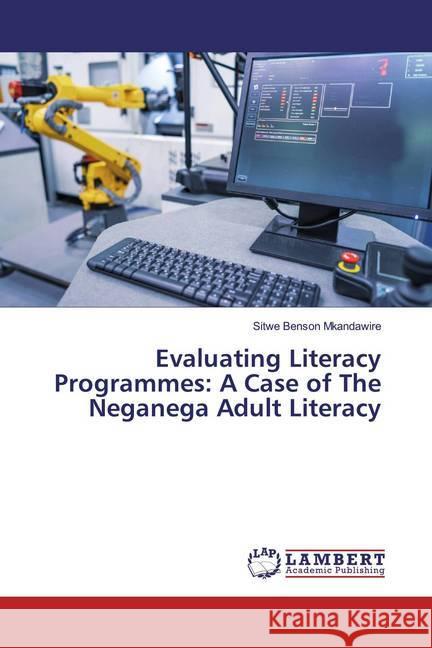Evaluating Literacy Programmes: A Case of The Neganega Adult Literacy » książka
Evaluating Literacy Programmes: A Case of The Neganega Adult Literacy
ISBN-13: 9786200243720 / Angielski
This book is a product of a masters dissertation in Literacy and Language from the University of Zambia. The text brings out the key aspect of adult literacy programmes and highlights how such programmes can be evaluated. The purpose of the study was to evaluate the Neganega Adult Literacy Programme in Zambia. The study assessed whether or not the aims and objectives of the programme were being fulfilled. The CIPP Model of evaluation by Stufflebeam (1971) was used with a particular emphasis on context, input, process and product evaluations. This model looked at the processes and strategies used in fulfilling the aims and goals of the programme. Using a qualitative study, several lessons were learned from the findings for both local and international communities. The programme was teaching different literacy and life skills such as income-generation and critical thinking skills with a spirit of self-sustainability. The programme also conscientized learners and the community on various issues affecting their lives and led the local people to find better ways of addressing societal problems within their means.











